The road to the sacred leads through the secular
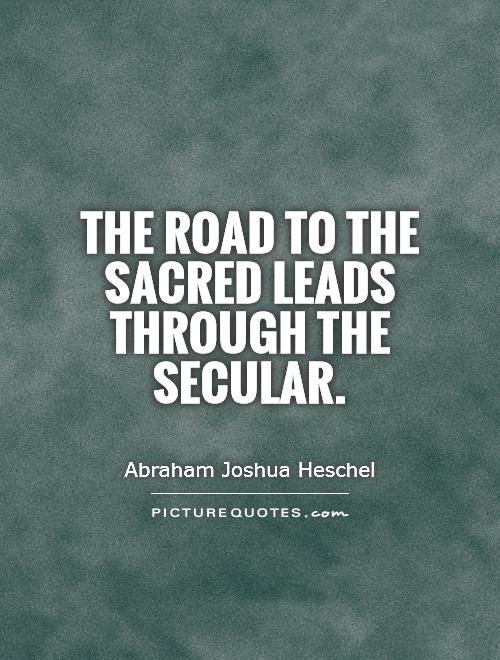
The road to the sacred leads through the secular
Abraham Joshua Heschel, a prominent Jewish theologian and philosopher, believed that the road to the sacred leads through the secular. This concept is central to Heschel's understanding of spirituality and religious practice. Heschel argued that the sacred is not separate from the secular, but rather intertwined with it. He believed that one must engage with the world and the everyday experiences of life in order to truly connect with the divine.Heschel's philosophy is rooted in his deep commitment to social justice and his belief in the importance of ethical living. He saw the sacred as manifesting in the world through acts of kindness, compassion, and justice. For Heschel, spirituality was not just about rituals and prayers, but about how one lived their life and treated others. He believed that the sacred could be found in the most mundane of activities, such as caring for the sick, feeding the hungry, or standing up against injustice.
Heschel's understanding of the relationship between the sacred and the secular is also reflected in his interpretation of Jewish tradition. He believed that the teachings of the Torah were not meant to be confined to the synagogue or the study hall, but should be lived out in the world. Heschel saw the commandments of the Torah as guiding principles for ethical living and social action. He believed that by following these commandments, one could bring about a more just and compassionate society.
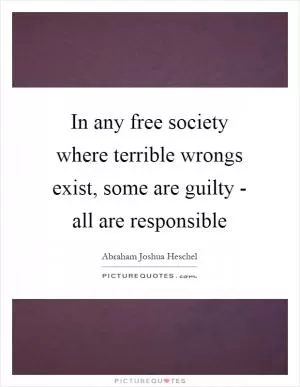
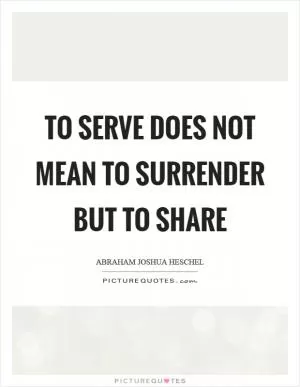

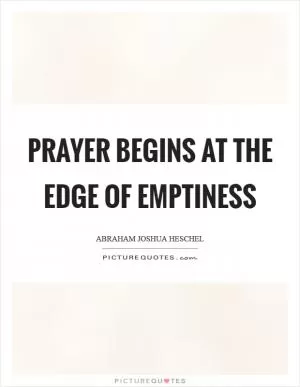
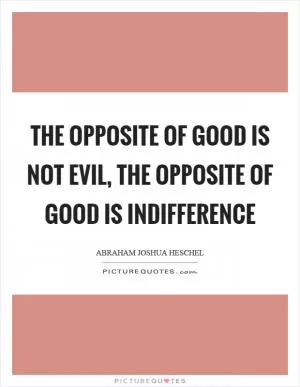
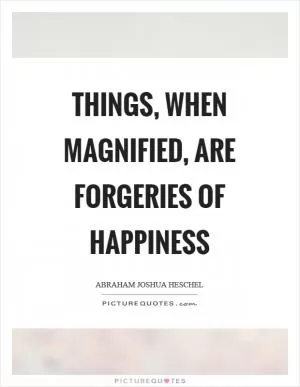
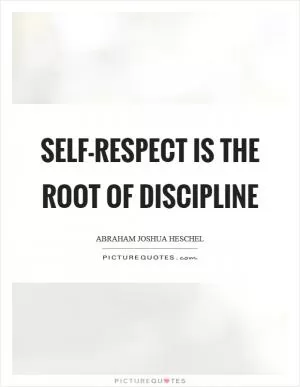
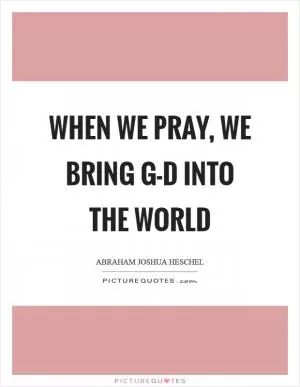
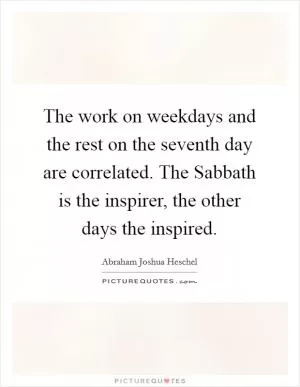
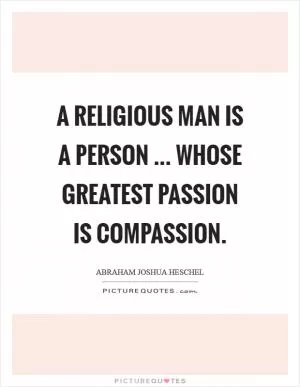
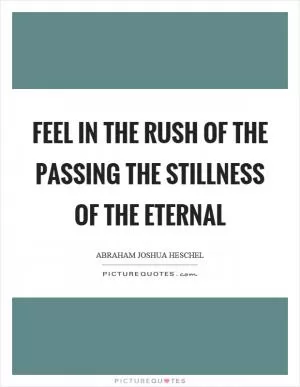

 Friendship Quotes
Friendship Quotes Love Quotes
Love Quotes Life Quotes
Life Quotes Funny Quotes
Funny Quotes Motivational Quotes
Motivational Quotes Inspirational Quotes
Inspirational Quotes